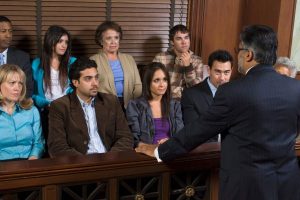 Chances are if you are looking for a criminal defense attorney, your needs are immediate. That doesn’t mean, however, that you shouldn’t do your due diligence to find the right attorney for your case.
Chances are if you are looking for a criminal defense attorney, your needs are immediate. That doesn’t mean, however, that you shouldn’t do your due diligence to find the right attorney for your case.
If you or a loved one are facing criminal charges in New Jersey, you will want an attorney who specializes in criminal defense and is experienced with the State’s criminal justice system to represent you. Familiarity with local courts, judges, and prosecutors can be helpful and important when evaluating all of your options. You will also want to be sure the attorney has courtroom experience should your case be litigated and proceed to trial.
Make sure the attorney you consider hiring has a clear understanding of the charges you face, as well as the resources to investigate and prepare your defense. It’s important to determine the attorney’s professional acumen and track record in cases like yours: How many similar cases has he or she defended? How many of those cases have had favorable outcomes?
 New Jersey Criminal Lawyers Blog
New Jersey Criminal Lawyers Blog


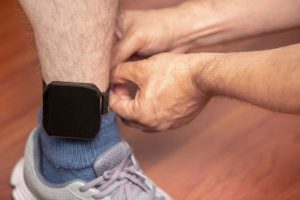 In New Jersey, probation is a court-ordered period of supervision imposed as an alternative to incarceration, allowing an individual convicted of a
In New Jersey, probation is a court-ordered period of supervision imposed as an alternative to incarceration, allowing an individual convicted of a  Recognizing that young minds are still developing and learning, our justice system allows for
Recognizing that young minds are still developing and learning, our justice system allows for  When you are accused of a crime, guilty or not, how you react initially matters. Resisting law enforcement, claiming your innocence, attempting to direct suspicion elsewhere can all work against you in the end. Although it is a stressful situation, remain as calm as possible and adhere to the following:
When you are accused of a crime, guilty or not, how you react initially matters. Resisting law enforcement, claiming your innocence, attempting to direct suspicion elsewhere can all work against you in the end. Although it is a stressful situation, remain as calm as possible and adhere to the following: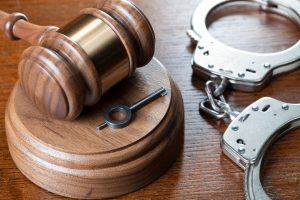 It is the prosecutor’s job to build cases with sufficient evidence to show probable cause that a crime has been committed and that the defendant is responsible for the crime as charged. To do this, he or she must be familiar with law enforcement techniques in criminal investigation, understand how to gather and present evidence, and know how to interview and prepare witnesses. A prosecutor must also possess a strong understanding of what evidence is necessary to prove the case beyond a reasonable doubt at trial. A prosecutor also knows what would constitute a fair plea offer recommendation and disposition.
It is the prosecutor’s job to build cases with sufficient evidence to show probable cause that a crime has been committed and that the defendant is responsible for the crime as charged. To do this, he or she must be familiar with law enforcement techniques in criminal investigation, understand how to gather and present evidence, and know how to interview and prepare witnesses. A prosecutor must also possess a strong understanding of what evidence is necessary to prove the case beyond a reasonable doubt at trial. A prosecutor also knows what would constitute a fair plea offer recommendation and disposition.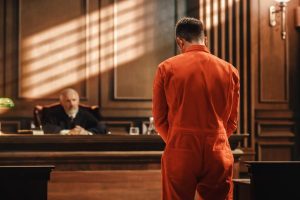 The Trial
The Trial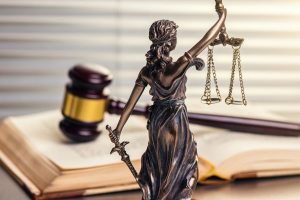 The Grand Jury
The Grand Jury The Arrest
The Arrest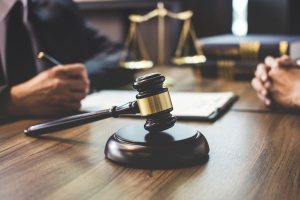 Facing criminal charges is a serious matter and one you shouldn’t face alone. It is vital that you do not discuss any of the facts of your case with anyone other than your attorney. Remember you have the right to remain silent. It is in your best interest to remain silent.
Facing criminal charges is a serious matter and one you shouldn’t face alone. It is vital that you do not discuss any of the facts of your case with anyone other than your attorney. Remember you have the right to remain silent. It is in your best interest to remain silent.